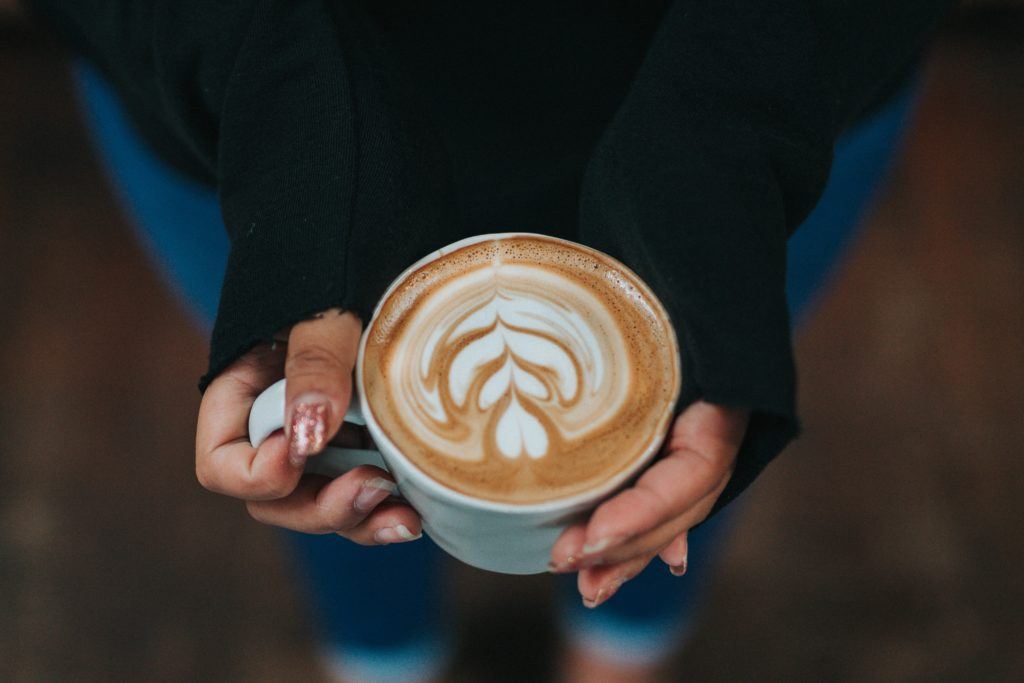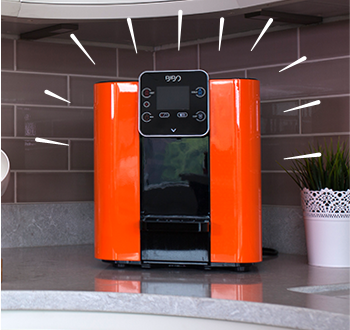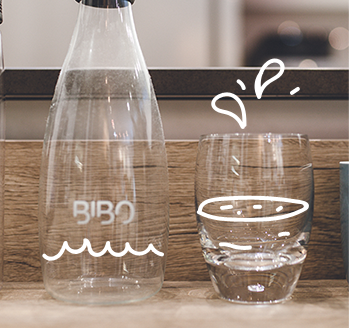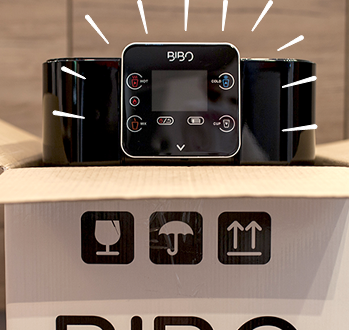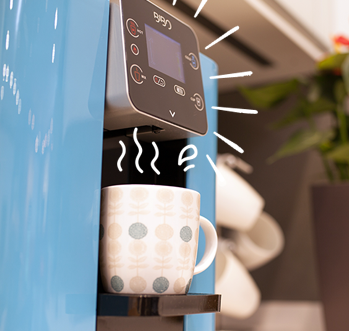If you haven’t looked out of your window recently, we have news for you: autumn is officially here! ‘Tis the season of turtleneck jumpers, windswept hair and pumpkin spice lattes. As the nights draw in and the mornings grow darker, there’s no doubt your circadian rhythm is in a tizz and you feel even more tired than usual when your alarm goes off. The answer for many of us? Coffee. A glorious, delicious, wonderful cup of coffee.
As you can tell, we’re a big fan of the old cup o’ Joe, and this got us to thinking – how do you brew the perfect cup of coffee at home? From scouring scientific research papers to quizzing our Mums, we’ve poured over all the best caffeine know-how in the biz to help you serve barista-level coffee, every time.
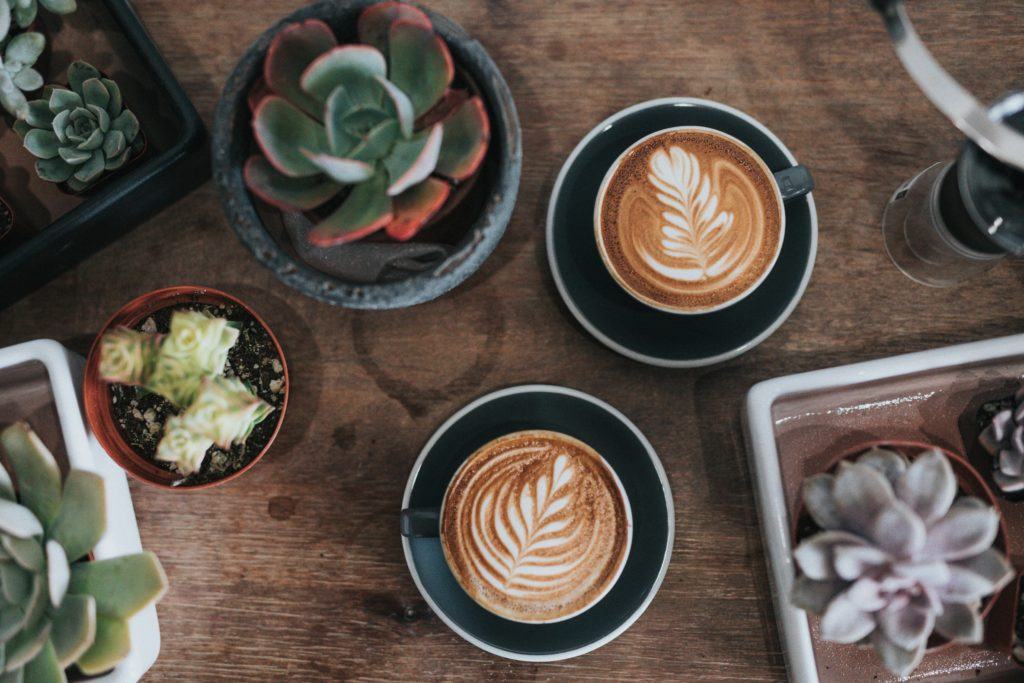
But first, what type of coffee should you buy?
On your way to becoming a caffeine connoisseur, you’re going to have to do a lot of tasting. Yes, you may kiss a few frogs on the way, but it’s important to realise that good coffee is like fine wine – the flavour combinations, strengths and blends are endless, and your perfect match is out there waiting to be sipped!
In your research phase, we would definitely recommend the following:
- Chat to your local barista about flavours you enjoy and how strong you like your brew to get some recommendations.
- Order in some samples from across the world: flavour and strength profiles can vary greatly from Brazil to Kenya and Indonesia, so you need to do the test taste to see which region best floats your boat.
- Read some reviews! Coffeely is a brilliant community app where caffeine lovers can discover, rate and share coffee recipes. Simply scan the label of a coffee you’re interested in and the app will identify the brand in seconds, providing you with everything you need to know from country of origin to roast level and customer reviews and ratings!
Should you buy coffee beans or ground coffee?
If you’re super committed to your new life as a coffee crusader, you’ll already have (or have your eye on) a coffee grinder. In that case, coffee beans are the best option for you every time. Coffee beans stay fresh for longer, and as whole beans are ground just before brewing, the taste packs a lot more punch and complexity.
However, if you are sans grinder, ground alternatives should by no means be sniffed at. Ground coffee is very popular as it’s extremely accessible, packed tightly to preserve flavour and saves you time as you skip the grinding process.
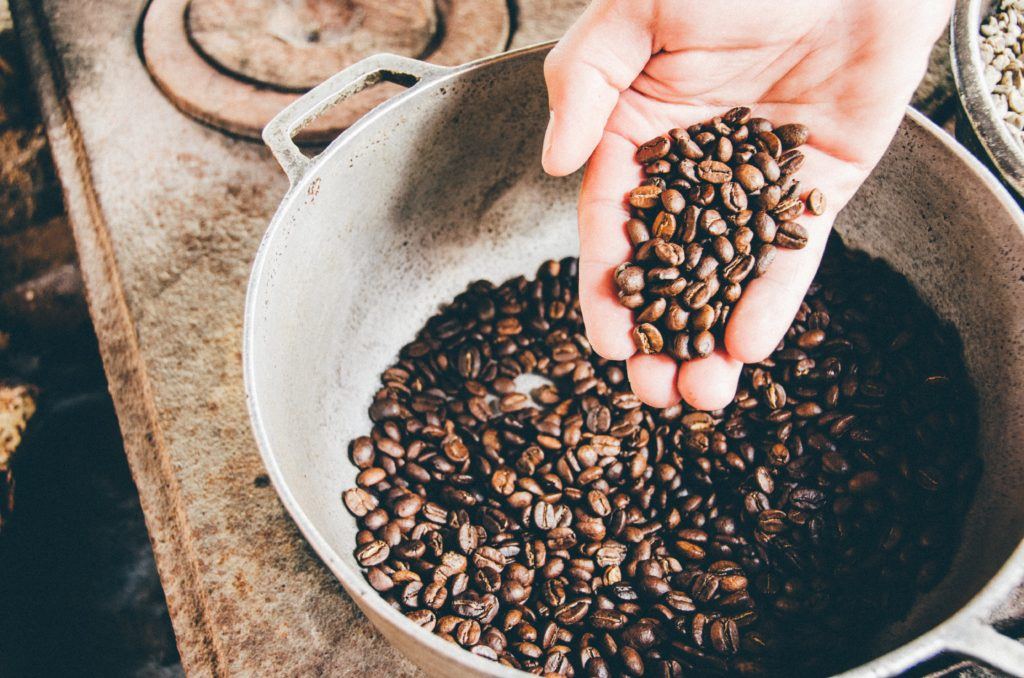
How to make the perfect cup of coffee
Coffee-making equipment
As the old saying goes, it’s essential to have the right tools for the job. If you’re serious about brewing the perfect cup of coffee, we’d recommend investing in a high-quality cafetière, V60 drip system or AeroPress for the best results.
Also, make sure your equipment is thoroughly cleaned after each use. Swill with hot water and dry completely with a paper towel or other absorbent material. Make sure there’s no coffee left behind as this can lead to future brews tasting horribly bitter.
Filtered water
Since the majority of your coffee is technically water, quality H2O is non-negotiable. Using filtered water is a sure-fire way to up your coffee game. As well as providing endless benefits from digestion to skin hydration, filtered water makes your brew infinitely tastier. In fact, this is one of the main things we hear from our customers – they cannot believe how much BIBO’s filtered water elevates their beverages. Effective filtration removes impurities from your coffee and, as an added bonus, will avoid any detrimental damage to your coffee-making equipment.
Coffee to water ratio
But before we get ahead of ourselves, we need to have a good think about the ratio of coffee to water. As a rule of thumb, experts recommend a ratio of 60g of coffee per litre of water as a solid benchmark – or in layman’s terms, about 2 tablespoons of coffee for every 180ml of filtered water.
Temperature
Once you’ve conquered filtration and ratio, temperature should be your next priority. Some like it hot, but too hot (or even too cold), and the ‘extraction’ process will destroy your dreams of achieving the perfect cup of Joe. Extraction refers to the process of coffee dissolving in water and this all centres on getting the temperature right; too cold and your coffee might lack that desired punch but too hot and bitterness will take over.
There are a lot of guides out there pitching the perfect temperature, but the US National Coffee Association recommends a water temperature between 195 to 205 degrees Fahrenheit for optimal extraction – that’s 90 to 96 degrees Celsius for us Brits.
Here’s where your trusty BIBO machine takes centre stage as it can deliver instant hot water at your ideal temperature with the simple touch of a button, up to a scorching 98 degrees Celsius. Put that thermometer away!
Timing
Yes, we get it, you’re excited to taste your results, but don’t jump the gun and let your good work go to waste. As your Nan always said, good things come to those who wait!
Add your coffee to your equipment of choice, pour in your water and give it just enough of a stir that everything is combined. In a drip system such as the V60, the brewing time should be just under 5 minutes, no more than 4 minutes in a cafetière and only 2.5 minutes in an AeroPress.
If you’re not happy with the taste of the final product, you’re most likely over-extracting (brewing for too long) or under-extracting (not brewing for long enough) so make sure to do a few time and taste tests to determine the ideal timing for your perfect cup of coffee.
Enjoy your coffee!
Congratulations, you cracked the caffeine enigma! Sip your success, take in the aromas and let the flavours tickle your taste buds. We’d recommend enjoying your coffee black at first to get the full impact of your labours, but if you know what you like, feel free to add milk or other additions to make the perfect cup of coffee for you.
